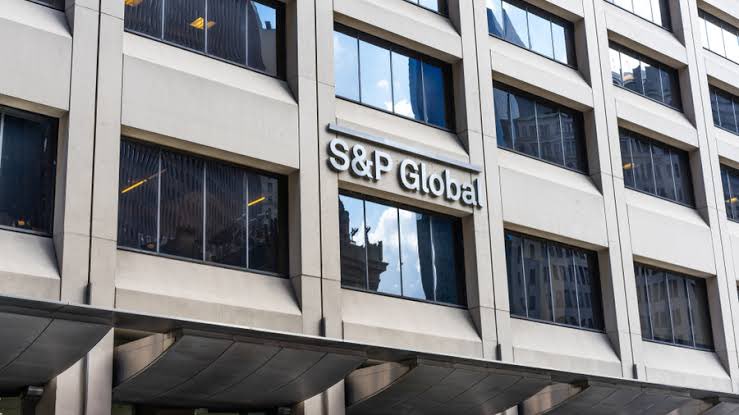
Nigeria could pay more to import petrol and diesel in the coming weeks, following the decision of Netherlands and Belgium, where the country gets most of its fuel supply, to raise the specification and quality of their exports, S&P Global, has said.
The countries are taking new environmental measures to suspend low-quality motor fuel exports to Nigeria and other West African countries.
However, a team led by the S&P’s Global Director, Crude and Fuel Oil Markets, Joel Hanley, has suggested that Nigeria may need to look for alternatives to the Netherlands and Belgium or be prepared for a rise in product prices at the pumps as the European countries erase the double standard in terms of fuel quality.The Amsterdam-Rotterdam-Antwerp (ARA) hub is the world’s leading petrol exporting region and hosts some of Europe’s largest oil refineries, including plants operated by TotalEnergies and Exxon Mobil.
In February 2022, a large consignment of imported petrol from Antwerp in Belgium, had to be withdrawn from the market in Nigeria, after it was found to have excessive levels of methanol, which was causing engine damage in vehicles.
Available data shows that in 2021, Nigeria imported $11.3 billion in refined petroleum, becoming one of the largest importers of refined petroleum in the world.Nigeria’s imports of refined petrol during the year were: Netherlands ($3.62 billion), Belgium ($1.78 billion), Norway ($1.2 billion), India ($992 million), and United Kingdom ($760 million).
While Nigeria has in recent years cut sulphur content allowances for imported fuels, its current specification for petrol remains at 150 Sulphur Parts Per Million (PPM), three times above Belgium’s proposed limits.
The maximum allowed sulphur content for petrol sold in the European Union (EU) is 10ppm.On the impact that the new regulations could have and how the markets may react, S&P predicted that Nigeria could either decide to stomach the new prices or look to get dirtier fuels at cheaper prices from other parts of the world, including Russia and the Middle East.
Aside the reduction in sulphur, Belgium has now closed the door on its exports of low spec fuels out of the country, thereby reducing Benzene content to a maximum of 1 per cent and manganese to two milligrams per litre.According to the research and analytics firm, this may have a significant impact on how much Nigeria pays for its import of the product since it now has a tighter specification, requires more catalysts, more pressure, more heat, or may even need a different crude oil type altogether.



